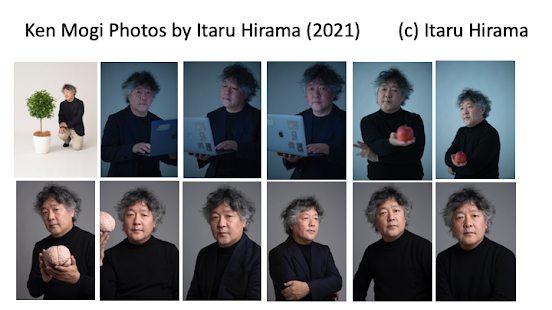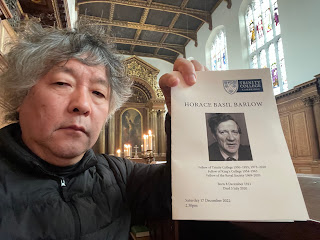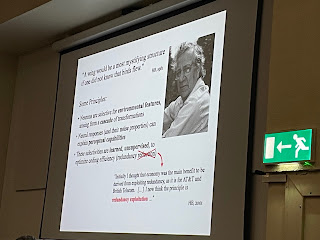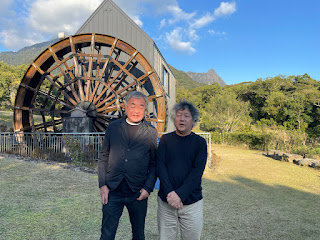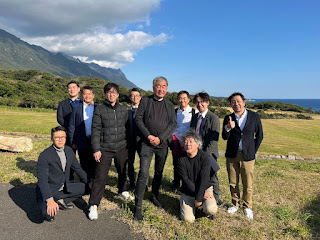Ken Mogi is a neuroscientist, writer, and broadcaster based in Tokyo. Ken Mogi is a senior researcher at Sony Computer Science Laboratories, and a visiting and project professor at the University of Tokyo. He has a B.A. in Physics and Law, and Ph.D in Physics, from the University of Tokyo. He has done postdoctoral research in University of Cambridge, U.K. He has published more than 200 books in Japan covering popular science, essay, criticism, self-help, and novels. Ken Mogi published several bestsellers in Japan (with close to million copies sold). He was the first Japanese to give a talk at the TED main stage, in 2012 (Long Beach).
Ken Mogi’s book on IKIGAI, published in 31 countries and in 29 languages, has become a global bestseller. Ken Mogi's second book, The Way of Nagomi came out in the U.K. in 2022 and in the U.S. in 2023. Ken Mogi has a life-long interest in understanding the origin of consciousness, with the focus on qualia and free will.
Contact: kenmogi2005qualia@gmail.com
Ken Mogi profile Photos (c) Itaru Hirama 2021
You can download large size files from the link below.
